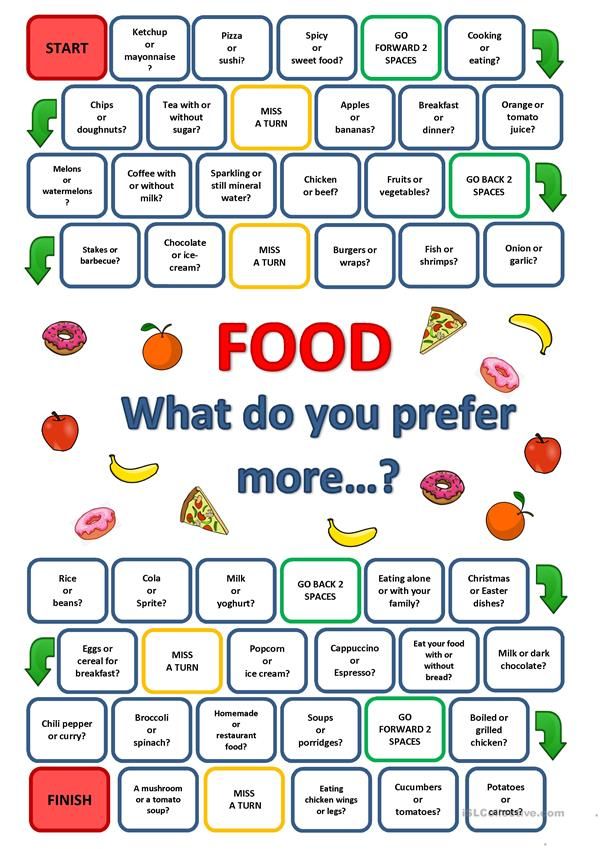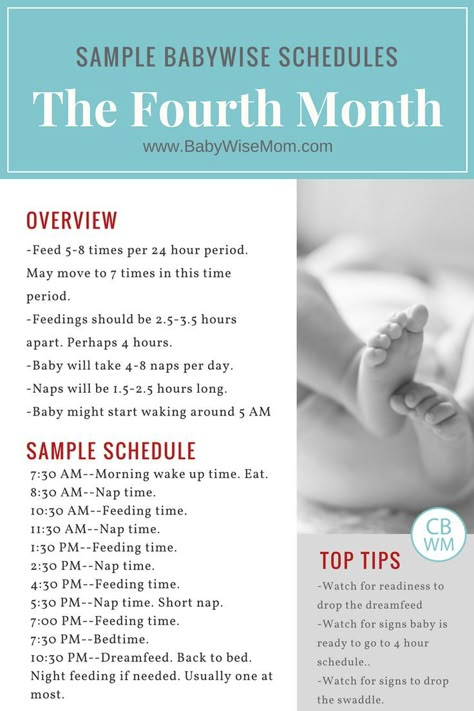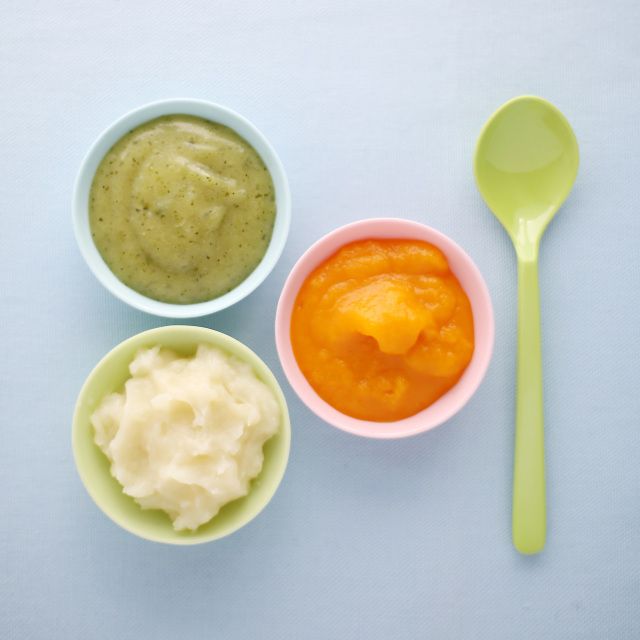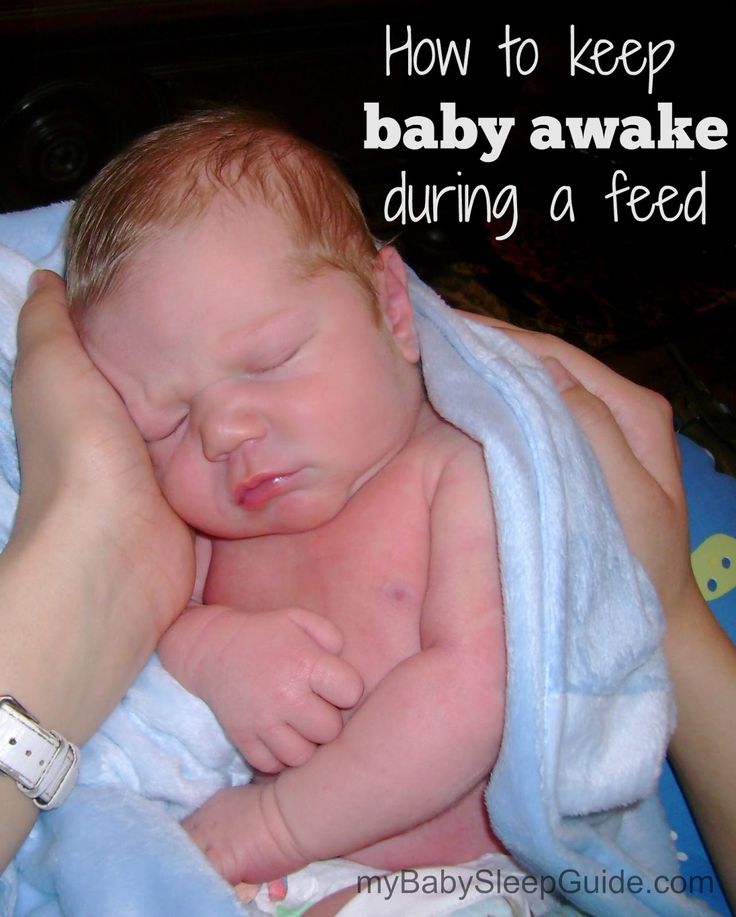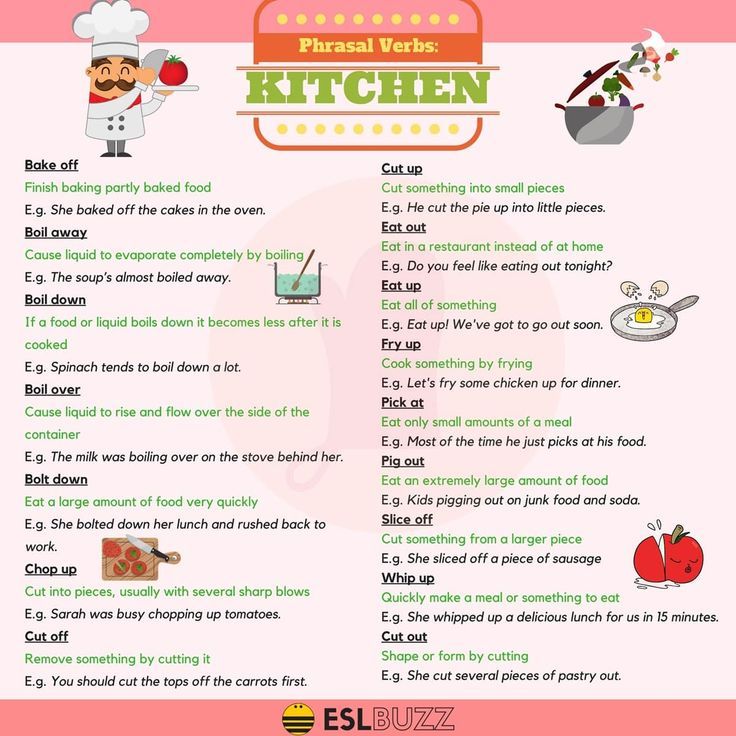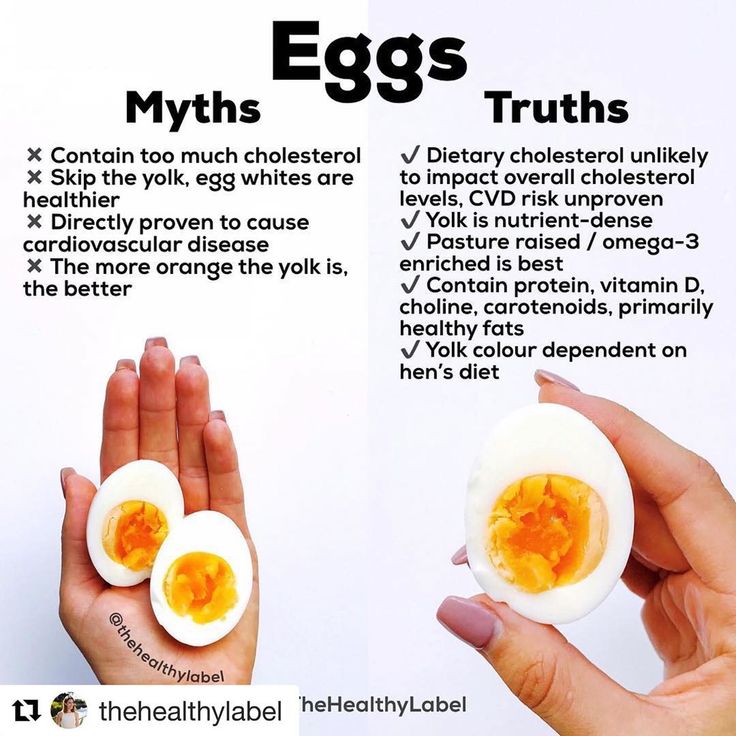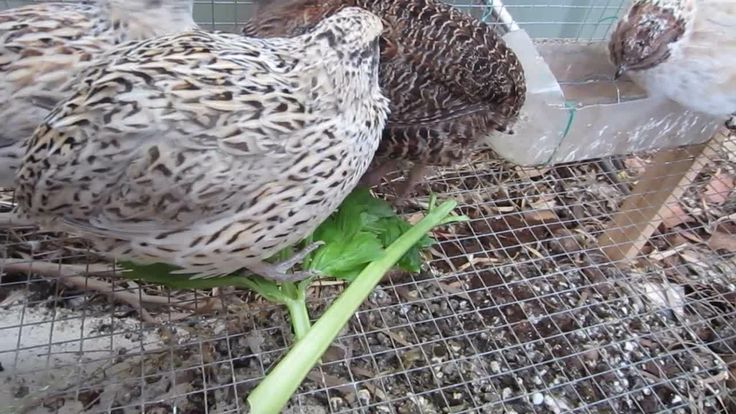Guess the baby food game sheet
Guess The Baby Food Game
Posted on - Last updated:
Please Share This Post!
I organised several games and activities for my sister’s Pink Flavoured Baby Shower and they were a whole lot more successful than I had anticipated! Everyone really got into the spirit of things and they were great fun, as well as bringing all the guests who didn’t know each other together.
The first game I’m going to tell you about is ‘Guess The Baby Food’. And if you’re thinking, “OMG, do we have to eat baby food?!” Let me tell you yes, yes you do!
2015 Update – By request, I’ve added these as free printables for you to download here: Guess The Baby Food Game – Baby Shower Free Printable
It was a fun game…even if a little on the gross side – do we really feed babies this jarred stuff? Blech! Everyone joined in, except for me, because, you know. Answers… >_>
It’s easy enough to set up – you just need a little preparation! I bought 6 jars of baby food – 3 savoury and 3 sweet. You could have more or less if you like, but it felt like a good amount. It’s best to try and get varying flavours if you can.
To keep the jars a mystery you will need to take off the labels. I created some custom labels to stick on, but you could just as easily use sticky labels that you write numbers (or letters on) and keep tally of what is what on a hidden sheet of paper.
What I did, was put each label into a corresponding envelope to reveal when everyone had made their choices.
I also made a sign to sit next to the game, along with answer sheets. But you can be as creative (or non-creative!) as you like!
I also provided lots of plastic teaspoons so as not to double dip! Initially, the weather was looking a little suspect on the morning of the baby shower, so I set everything up inside, eventually, as the sun came out to play, we all moved outside, including the games!
When game time came around, I removed the jar lids, and gave out some paper plates for people to scoop food onto to taste from.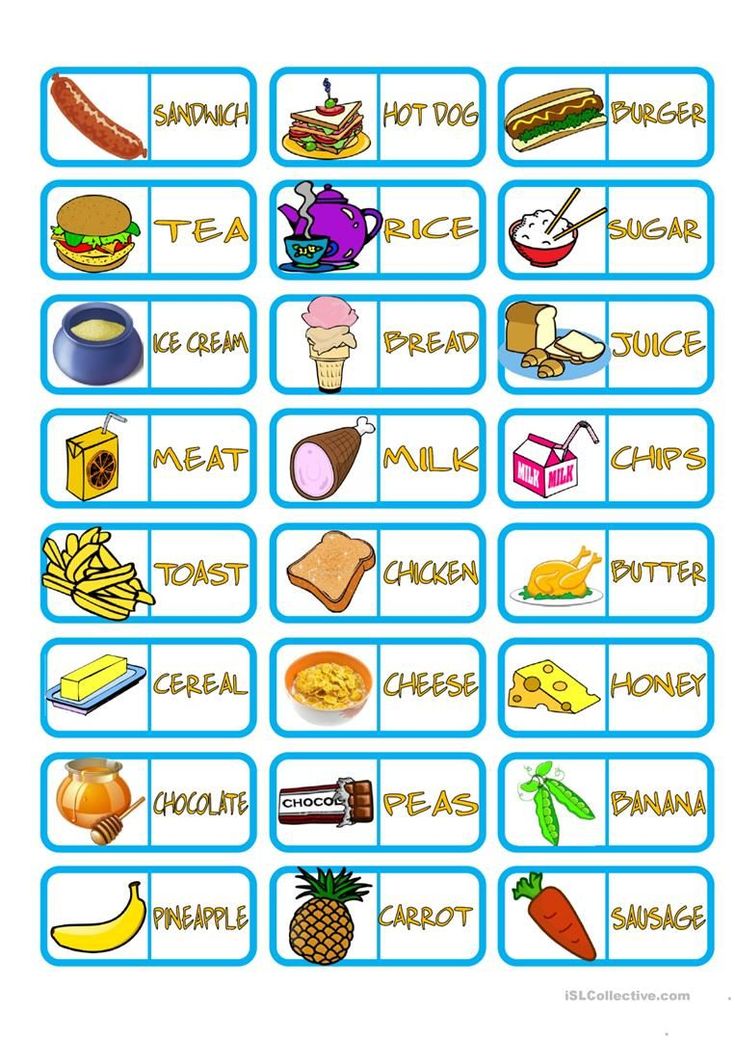 It was quite amusing to watch people’s reactions to the taste of the food and to hear their guessing of what each jar was!
It was quite amusing to watch people’s reactions to the taste of the food and to hear their guessing of what each jar was!
I think you only have to look through the reaction photos to know how this one worked out!! It was hilarious, and if you’re holding a baby shower for someone, I encourage you to give this game a try!
You will have to excuse the minging-ness of my garden in the outside photos – it really needs ‘doing’!
| Mummy and Daddy to be start the proceedings! |
| My brother is keen to start with |
| Eventually he proclaims that the food tastes like feet! |
| My brother’s face in the background cracks me up! |
| My brother-in-law thinks “what the hell is this?!” |
| Then he thinks “hmm, not bad!” |
Make sure you check out our Gift Ideas for Baby’s First Christmas when the time comes!
Please Share This Post!
Guess the Baby Food - Etsy.
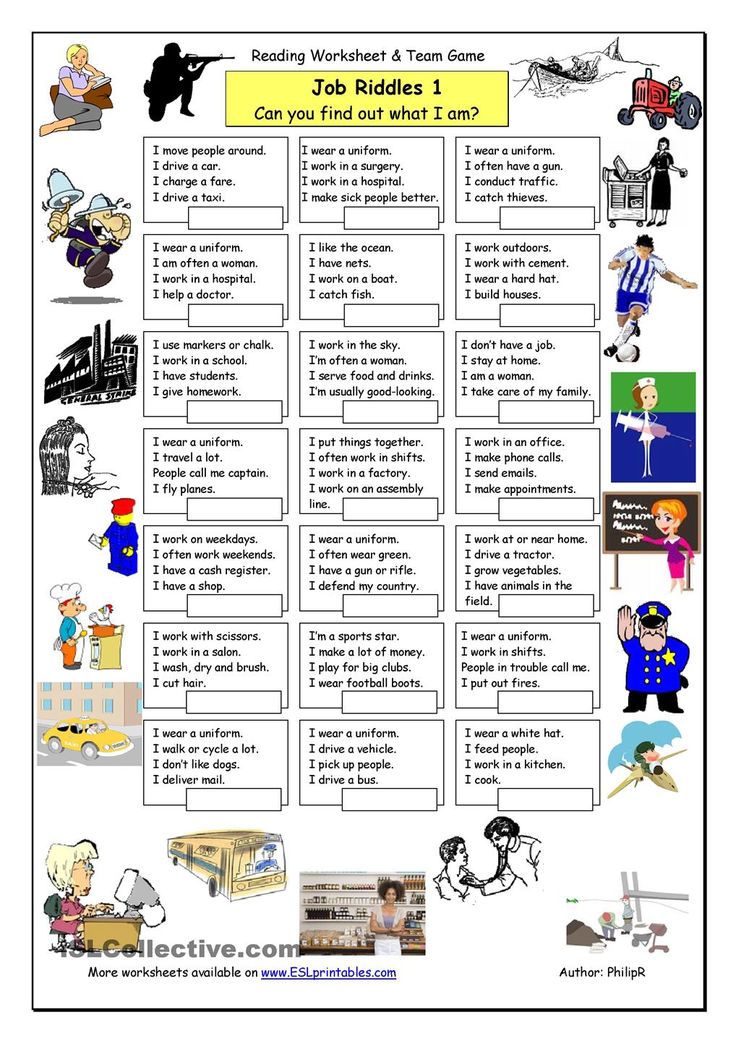 de
deEtsy is no longer supporting older versions of your web browser in order to ensure that user data remains secure. Please update to the latest version.
Take full advantage of our site features by enabling JavaScript.
Find something memorable, join a community doing good.
(1,000+ relevant results)
Recommendations for parents and educators
"Calm games for children at home, in kindergarten and on a walk"
Compiled by Irina Leonidovna
Even for the most sociable child, kindergarten is stressful.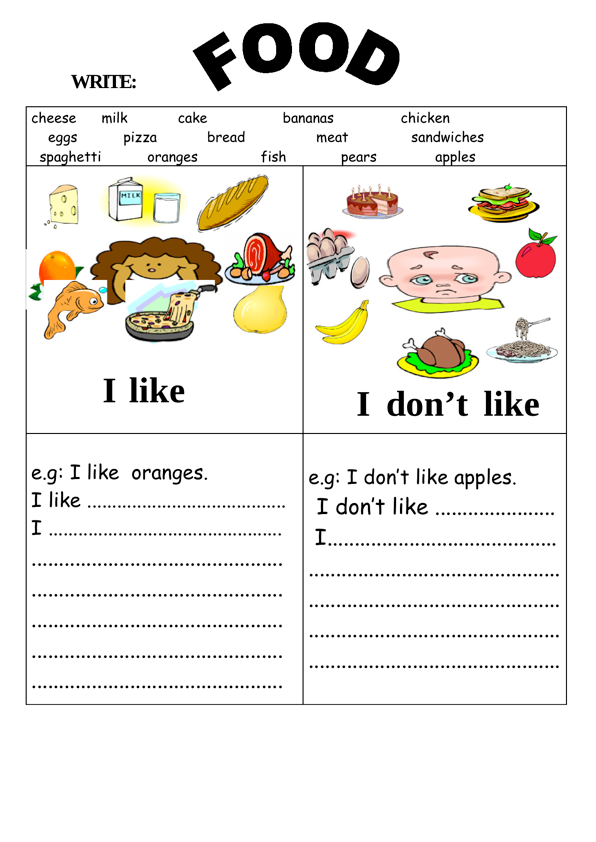 Try to spend a few hours in a big noisy company - and if you are a calm and "quiet" person, you will soon have a headache, irritation will begin to accumulate, and a desire to go home faster will appear. And your baby spends the whole day in such an environment, so by the evening the seething tension is ready to break out along with tears, screams, whims. nine0005 What can parents do to help their child relieve daytime stress? Unfortunately, there is no magic remedy - one for all. It is always necessary to take into account the individual characteristics of a small person: age, character, temperament.
Try to spend a few hours in a big noisy company - and if you are a calm and "quiet" person, you will soon have a headache, irritation will begin to accumulate, and a desire to go home faster will appear. And your baby spends the whole day in such an environment, so by the evening the seething tension is ready to break out along with tears, screams, whims. nine0005 What can parents do to help their child relieve daytime stress? Unfortunately, there is no magic remedy - one for all. It is always necessary to take into account the individual characteristics of a small person: age, character, temperament.
First, you should carefully observe the child, talk with caregivers to determine what kind of help your daughter or son needs. If the baby is constrained and timid during the day, and “catches up” in the evening, you need to help him relax, speak out, but not allow him to become even more excited. nine0005 If the child is a “hurricane” in the kindergarten, and cannot stop at home, it is in the power of the parents to smoothly, gradually transfer the energy “into a peaceful channel”.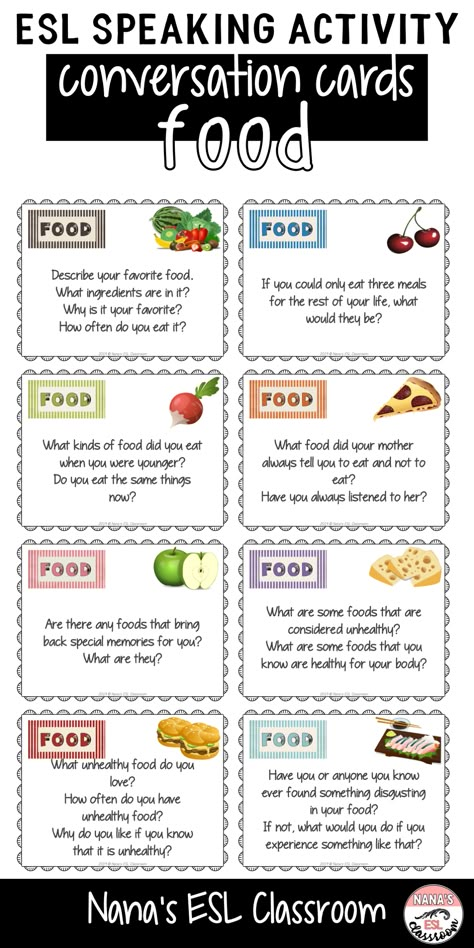 It is good to plan the evening in advance so that the child is gradually released from the accumulated tension, participating in the life of the family, and at the same time, so that he has time to be alone with his thoughts and events of the day.
It is good to plan the evening in advance so that the child is gradually released from the accumulated tension, participating in the life of the family, and at the same time, so that he has time to be alone with his thoughts and events of the day.
One of the best anti-stress techniques is a calm game. It allows the child to be liberated, to relax. Try to follow a few simple rules. First, the choice - to play or not to play - should always remain with the child. Perhaps just today he is so tired that he just wants to take a walk or read. Secondly, the "evening" game should not be noisy, accompanied by running around and shouting. nine0005 GUESS WHO'S VOICE
Players form a circle holding hands. The driver is placed inside the circle. A paper cap is put on his head to cover his eyes. Everyone walks in a circle, singing:
Here we have built a circle,
Let's turn around together all of a sudden.
(Turn around and go in the opposite direction)
And how do we say: “hop-hop-hop”,
Guess whose voice?
Only one player speaks the words “skok-skok-skok”, at the direction of an adult (point at him with a gesture). The task of the driver is to guess by the voice who said these words. If he succeeded, he becomes in a general circle, and the one whose voice he guessed becomes the leader instead of him. nine0005 PROHIBITED MOVEMENT
The task of the driver is to guess by the voice who said these words. If he succeeded, he becomes in a general circle, and the one whose voice he guessed becomes the leader instead of him. nine0005 PROHIBITED MOVEMENT
Players line up in a circle and spread out to arm's length. The leader stands inside the circle. He shows the guys different movements, which they must repeat exactly. But there are two movements that cannot be repeated; others must be done instead. For example, when the leader puts his hands on the back of his head, the players should sit down with their legs crossed, and when he leans forward, they should clap their hands two or three times. Whoever makes a mistake is out of the game. nine0005 Prohibited movements must first be shown and thoroughly rehearsed for those movements with which they are replaced. After that, the game is played at a fast pace.
Whoever makes a mistake, repeats an illegal move or replaces it incorrectly, is out of the game.
TIK-TOK
Everyone is divided into two teams (or even two pairs).
- When I blow one whistle, the adult says, the first team (the right side of the hall) should say "tick" in unison, and when I blow two whistles, the second team (the left side of the hall) should say "so" in unison. Let's try. nine0005 The adult first alternates the whistles correctly, then gives two whistles in a row one after the other, then two times one at a time, etc. The guys make mistakes, shout out of place, this causes laughter and fun.
Based on the number of mistakes made, we determine which team has won and announces its decision.
THREE MOVEMENTS
- Let everyone remember the three movements that I will show, - says the adult.
First - bend your arms at the elbows, hands at shoulder level;
second - stretch your arms forward at shoulder level; nine0005 third - raise your hands up.
An adult shows the movements, everyone repeats after him two or three times in order to remember the number of each movement.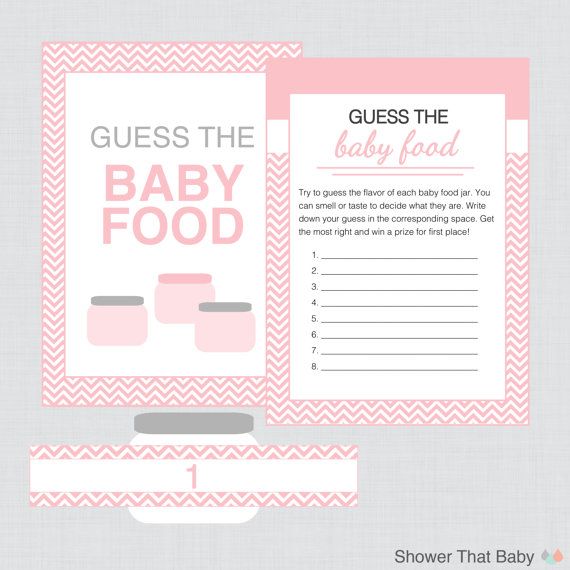 Then the game begins.
Then the game begins.
Next, the adult shows one movement, while naming the number of another. The players, on the other hand, must make those movements that correspond to the named number, and not those that the leader shows, but inevitably get lost looking at him.
FISH, BEAST, BIRD
The players sit on the sides of the room. Choose a driver. He walks past them, repeating three words: "Fish, beast, bird ..." Stopping suddenly in front of someone, he says one of these words, such as "bird." The player must immediately name some bird, for example "hawk". You can not hesitate and name those animals, fish or birds that have already been named before. Anyone who gapes or answers incorrectly pays a forfeit. After that, he “redeems” him (reads poetry, dances, etc.). nine0005 HANDS ON THE TABLE!
Everyone sits down at a long table. On one side of the table is the driver. Someone is given a coin (or other small object). Keeping their hands under the table, the players quietly pass the coin to each other.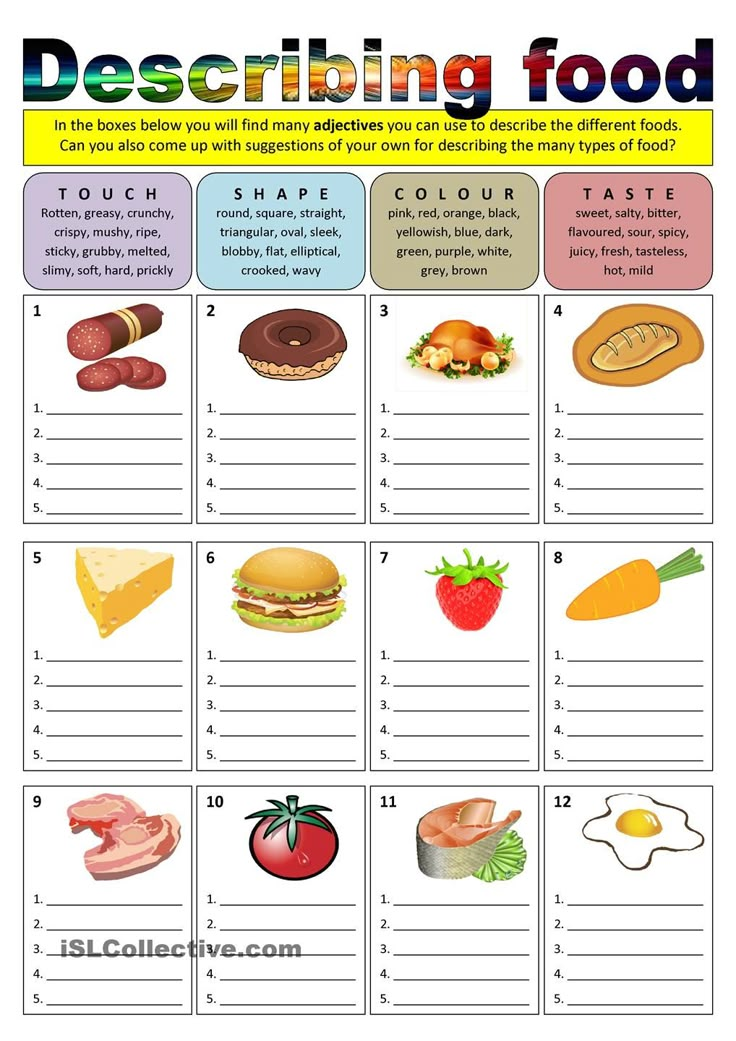 Suddenly, the driver shouts: “Hands on the table!” Everyone should immediately put their hands on the table with their palms down, including the one who at that moment has a coin in his hand. The driver tries to guess who has the coin (by sound, hand position, etc.). At his command, the hand must be raised. If the driver makes a mistake, the game is repeated. If you guessed right, then the one who had the coin becomes the driver, and the driver sits down with everyone at the table. nine0008
Suddenly, the driver shouts: “Hands on the table!” Everyone should immediately put their hands on the table with their palms down, including the one who at that moment has a coin in his hand. The driver tries to guess who has the coin (by sound, hand position, etc.). At his command, the hand must be raised. If the driver makes a mistake, the game is repeated. If you guessed right, then the one who had the coin becomes the driver, and the driver sits down with everyone at the table. nine0008
GUEST (according to E. Blaginina)
The guest puts on a handkerchief, enters the middle of the circle, bows to everyone and says:
- So I came to visit you.
The guys answer:
- We are very glad that we came.
The guest smiles, looks around and asks:
- Tell me guys
How did you spend your day.
The guys answer in unison:
- We'll tell you everything
In order -
We did exercises in the morning!
- How? - asks the Guest.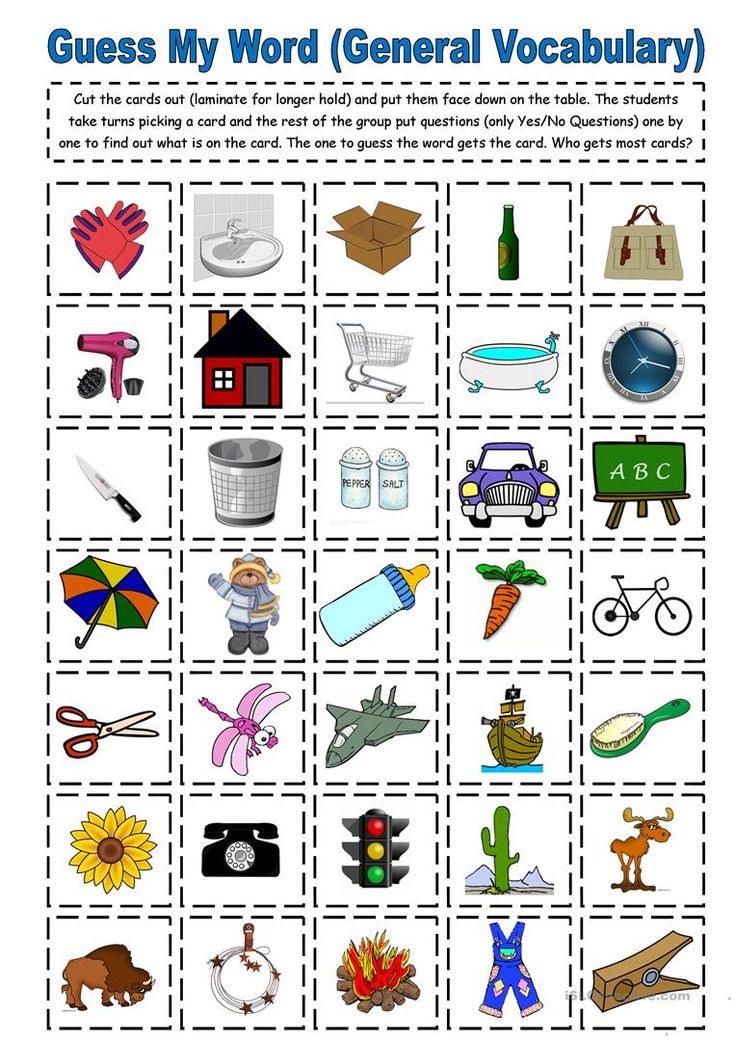
- Like this and like this,
Like this and like that! -
guys answer and show how they did the exercises.
- And then? - asks the Guest.
- They sat down for breakfast,
Everyone ate without a trace!
- How?
- Like this and like that,
Another like this and like that!
The guys show how they ate porridge, drank milk, wiped themselves with a napkin, thanked for breakfast.
- And then? - Gostishka asks again.
- We went for a walk,
We caught colorful butterflies.
- How?
- Like this and like that,
Another like this and like that! nine0005 The guys show how they caught butterflies with nets.
- And then?
- Then they swam,
They swam and splashed in the river.
- How?
Like this and like this,
More like this and like that!
The guys lie down on the carpet (on the grass), somersaults, splashing, swimming.
- And then?
- They sat down to dine,
Everyone ate with appetite.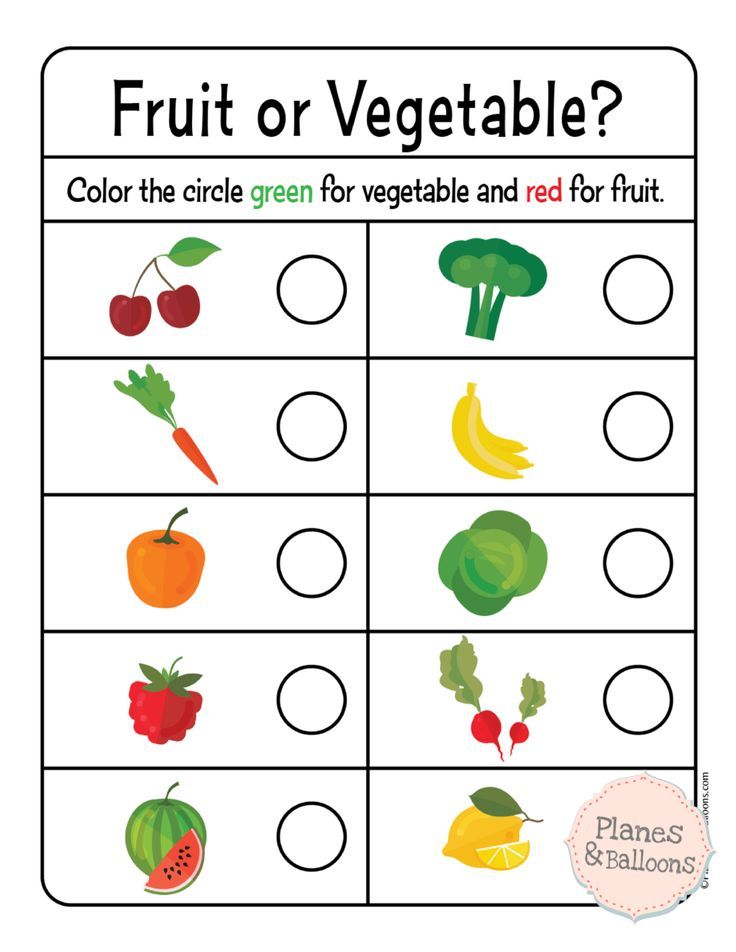
- And then?
- Then they lay down
And fell into a sound sleep.
Everyone goes to bed, snore, snore. Then Gostishka says:
- Well, I see, kids,
You had a nice day.
Goodbye!
The guys bow, they say in unison:
- Goodbye!
We are very glad that we came!
Come tomorrow afternoon,
We'll sing a song for you!
- How? - asks the Guest.
The guys sing their favorite song. When the song ends, Gostishka says:
- I'm not in a hurry,
If you ask, I'll dance.
- How? - shout the guys.
- Like this and like this,
Another like this and like this, -
sentences Gostyushka and starts dancing. All the guys join hands and dance with Gostushka. nine0005 GUESS WHAT YOU DID
One of the players, the guesser, is asked to leave the room. In his absence, the guys agree on what action they will portray. Returning, the guesser addresses them with the following words:
- Hello, guys!
Where have you been,
what have you seen?
The players answer;
- What we saw -
we will not say,
and what we did - we will show!
And they begin to imitate some action, for example, they play the button accordion, balalaika, ride a horse, ride a bicycle, row, swim, etc.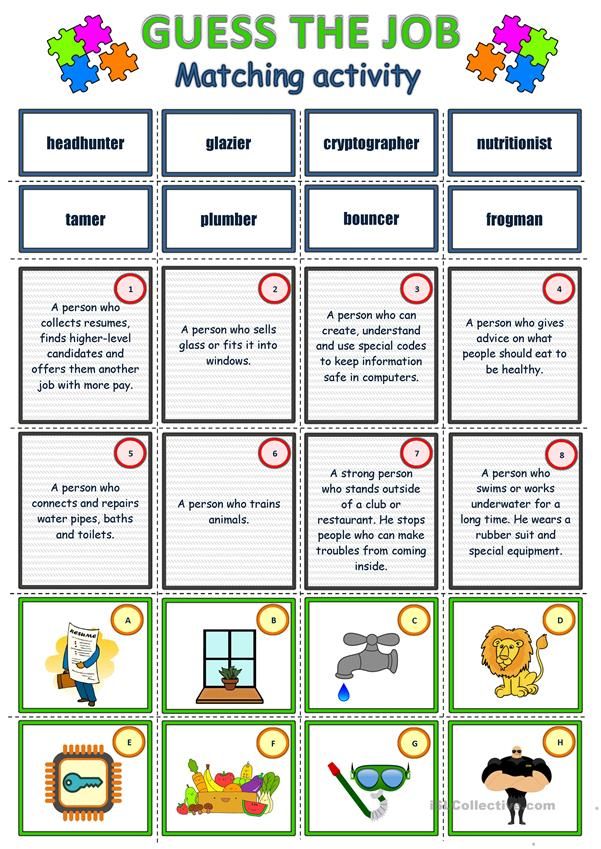
The guesser must determine what they were doing by their movements. If he guesses, they choose another guesser, and if he makes a mistake, he must retire again to give the players the opportunity to think of another action.
You can play the game in another way. The players are divided into two groups and agree on who will guess and who will guess. The guessers go into the next room. The rest of the guys agree on what profession they will portray.
When the guessers return, they are asked the question:
- Do you need workers?
- What can you do? - asks, in turn, one of the guessers. In response to this, the guys begin to depict what they have in mind. For example, they show work in a carpentry workshop, and everyone does different things: one planes, the other saws, the third hammers in nails, etc. You can portray any work that is familiar to the guys.
If the guessers answer correctly, the groups change roles.
SILENT MUSIC
The guys sit down, leaving most of the room empty.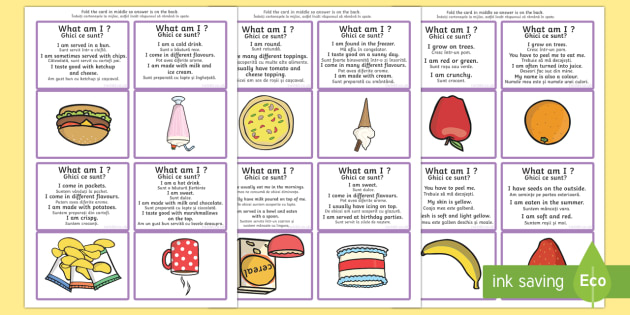 One of the players is asked to leave for a while. While he is gone, they take out some small object (a book, a toy, a handkerchief) and hide it in one or another place accessible for inspection. nine0005 When the player returns, they are told that they must find the hidden object. The song will help him with this. When he approaches the subject, everyone will sing loudly, and when he moves away, quietly.
One of the players is asked to leave for a while. While he is gone, they take out some small object (a book, a toy, a handkerchief) and hide it in one or another place accessible for inspection. nine0005 When the player returns, they are told that they must find the hidden object. The song will help him with this. When he approaches the subject, everyone will sing loudly, and when he moves away, quietly.
Search starts. The guys sing a song and carefully follow the actions of the player. The song goes louder, quieter, then completely freezes when he makes the wrong decision.
If you repeat the game, you can make it more difficult.
The player must not only find the object, but also guess what to do with it (put it in another place, hide it in a pocket, put it on the head, etc.). nine0005 The guys also help him with their singing.
of a noisy day, a "quiet pier" awaits him, eight hours in the garden will not seem to him such a deafening eternity, and the stress will recede.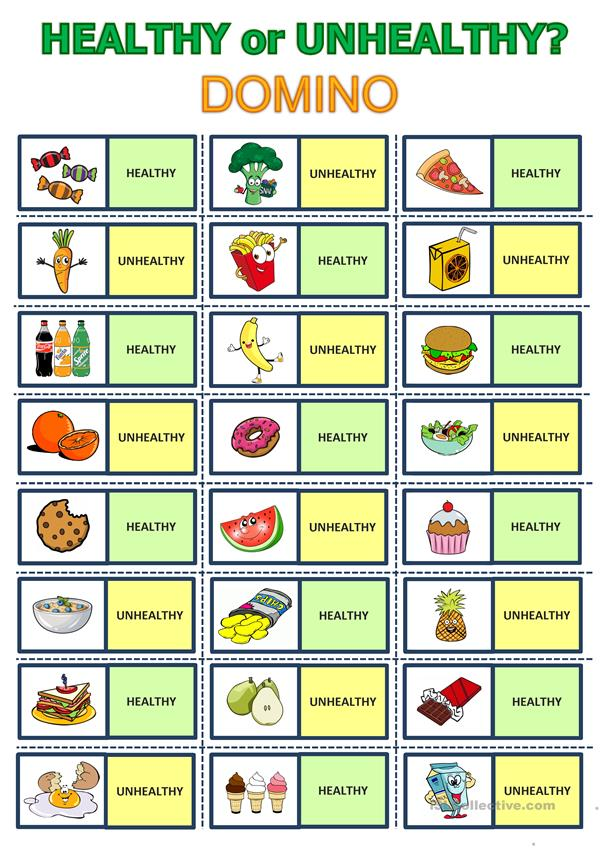
YOUNG METALIST
You will need a box of paper clips. Paper clips are piled on the table. At the signal of the leader, the opponents (2-4) assemble the chain with the help of paper clips. The winner is the one who collects the longest chain of paper clips in a certain time.
CINDERELLA
You will need: Bean seeds, pumpkin seeds, large pasta, etc. All seeds before the game are mixed and divided into identical piles according to the number of players. At the signal of the leader, the participants in the game must sort all the seeds into different piles. The first one to complete the task wins. Options: Hold a blindfold competition, arrange a team competition. nine0005 WHERE IS THE ALARM CLOCK?
All children leave the room. Someone hides a big, loudly ticking alarm clock. The children return and look for the alarm clock. If someone has found it, then whispers in the ear of the presenter, where is the alarm clock and silently sits on the floor. The child who was left standing last, as a punishment, entertains all the children - he sings or reads a poem. Tip: for small children, it is better to put the alarm clock on a saucer or something metal so that it can be heard better.
The child who was left standing last, as a punishment, entertains all the children - he sings or reads a poem. Tip: for small children, it is better to put the alarm clock on a saucer or something metal so that it can be heard better.
CLOTHES EXCHANGE
Children sit in a circle and carefully look at each other's clothes, trying to remember who is wearing what. Then the driver is chosen with a counting rhyme and he goes out the door. Several children change clothes and call the driver. He must determine who is wearing other people's things and to whom they belong.
SHOE SALAD
You will need many pairs of shoes, towels. Children sit in a circle or at a table covered with paper or oilcloth. Everyone puts his shoe or slippers on the table. Then the children take turns blindfolded and try to find their shoes by touch. nine0005 Option: For older children - look for your shoes on the table all at the same time. Guess the voice. Children sit in a row.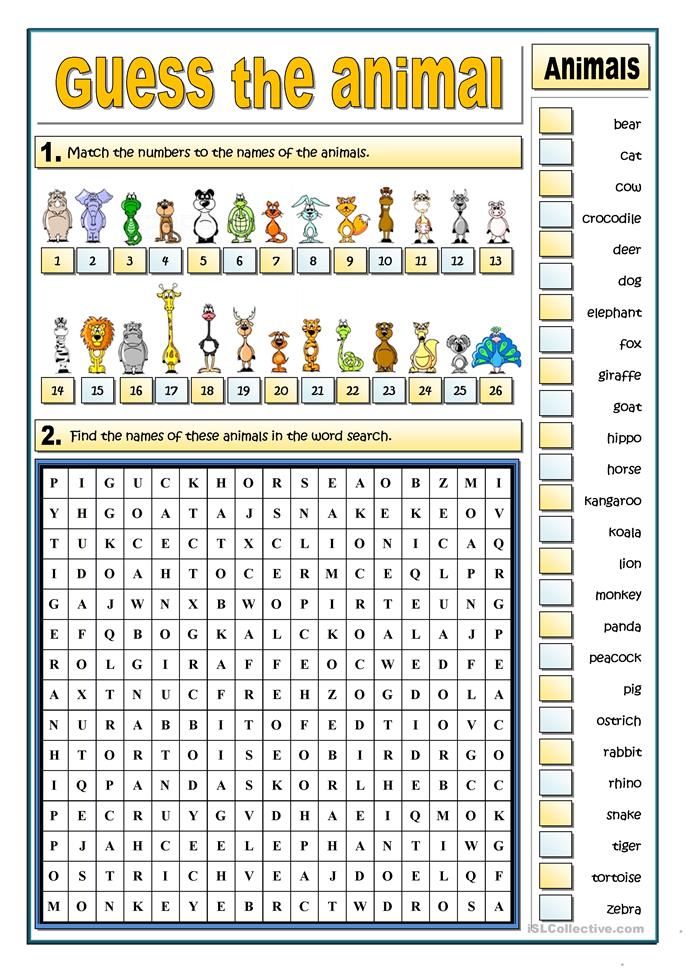 The driver sits with his back to them, next to the assistant (preferably an adult). The assistant calls the children one by one, without naming names. Children behind the leader in a voice depict some kind of animal. The driver must guess who it is. If he guessed right, he changes places with him.
The driver sits with his back to them, next to the assistant (preferably an adult). The assistant calls the children one by one, without naming names. Children behind the leader in a voice depict some kind of animal. The driver must guess who it is. If he guessed right, he changes places with him.
EARTH. AIR, WATER
Children sit in a row or circle. The driver walks in front of them and, pointing to each in turn, says: "Water, earth, air." He can stop at any moment. If the driver stopped at the word "Water", then the child he pointed to should name a fish, reptile or animal living in the water. If it is called "Earth" - you need to name the one who lives on earth. If it is called "Air" - the one who flies. nine0005 WHAT'S IN THE CHEST?
A chest (box) filled with various things is being prepared. Each of the players puts his hand into the chest (you can’t look !!!), gropes for any thing and says what it is, and then pulls it out - for verification.
DRAWING FROM MEMORY
For any number of players. The first player draws a house on a board or easel. The next player remembers the drawing, then closes his eyes, turns around himself and, without opening his eyes, draws a window, a door, a chimney or a bird on the roof to the house. nine0005 What kind of drawing will turn out, in the end?
SHARP EYE
Players are asked to look at a jar, bowl or pot. You can't take it in hand. Then take a sheet of paper and try to cut the lids for the jar so that they fit exactly into the opening of the jar. The winner is the one whose lid exactly matches the opening of the jar.
DO YOU LIKE YOUR NEIGHBORS?
Everyone sits in a circle with the driver in the center. He asks everyone in turn: "Do you like your neighbors?". If someone does not like it, the question follows: "What kind of neighbors do you need?". The player must name either names or some sign that his new neighbors should have.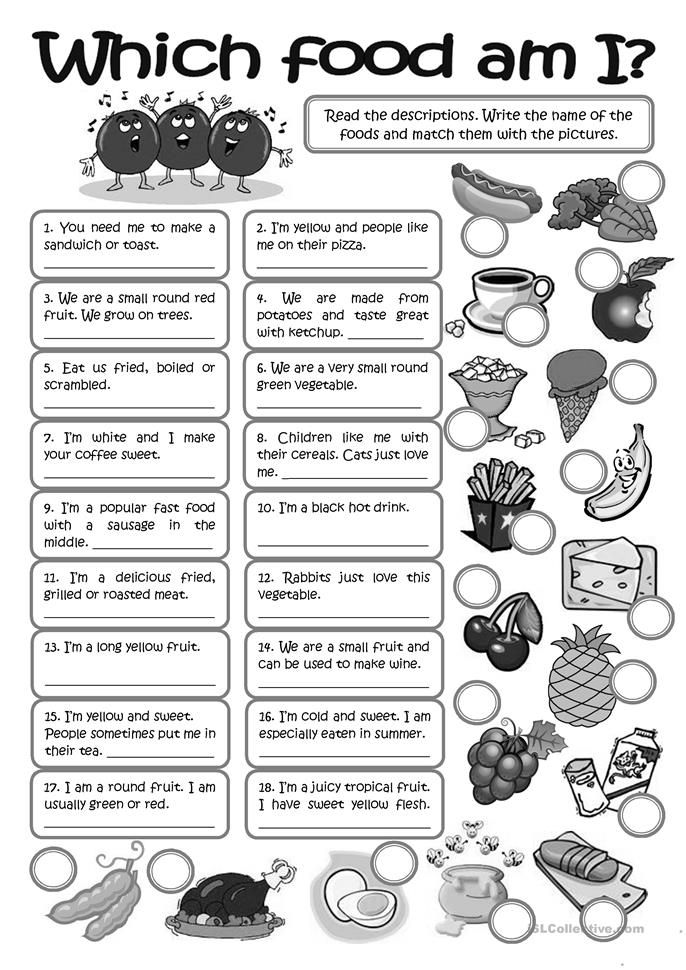 For example: "I need neighbors in jeans" - then everyone in jeans changes places, two of them sit in the places of former neighbors. The driver can also take the vacant seat. To whom the chair was not enough, he becomes the leader, and everything starts all over again. nine0005 GOOD DAY
For example: "I need neighbors in jeans" - then everyone in jeans changes places, two of them sit in the places of former neighbors. The driver can also take the vacant seat. To whom the chair was not enough, he becomes the leader, and everything starts all over again. nine0005 GOOD DAY
Everyone plays in a chain. You need to count in order from one to infinity (as many as you get), but instead of numbers that end in three or are divisible by three, you need to say "good afternoon." That is, the first says "one", the second - "two", the third - good afternoon, the fourth - four, the fifth - "five", the sixth - good afternoon, etc. The one who made a mistake is out of the game until there is only one winner.
GRANDMA WENT TO THE BAZAAR AND BUYED...
They play standing in a circle. The host starts: “Grandma went to the market and bought an old coffee grinder” and shows how she will grind coffee (she turns the imaginary handle of the coffee grinder with her right hand).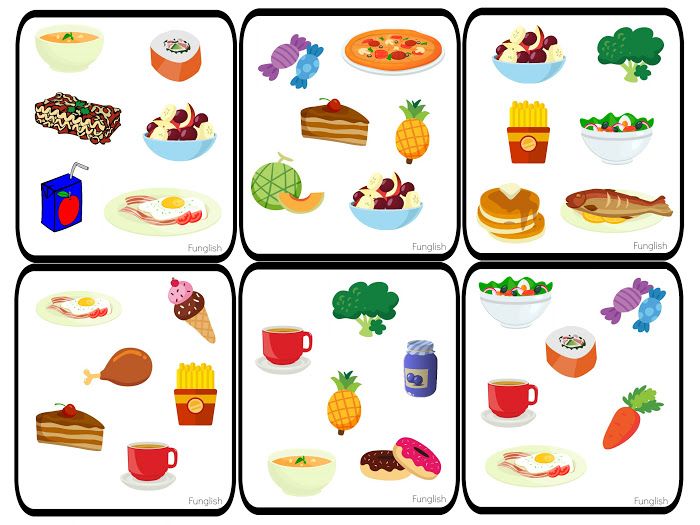 The person standing next to him repeats the same words and also begins to turn the handle, etc. round. When everyone is involved in the process, the turn again reaches the leader, and he shows the following movement: "Grandma went to the market and bought an old iron" (strokes with her left hand, without stopping grinding). The following circles: Grandma bought an old sewing machine (push foot on the pedal), rocking chair (sway), cuckoo clock ("Cuckoo, Cuckoo, Cuckoo,"). The point is to do everything at the same time. nine0005 KING OF SILENCE
The person standing next to him repeats the same words and also begins to turn the handle, etc. round. When everyone is involved in the process, the turn again reaches the leader, and he shows the following movement: "Grandma went to the market and bought an old iron" (strokes with her left hand, without stopping grinding). The following circles: Grandma bought an old sewing machine (push foot on the pedal), rocking chair (sway), cuckoo clock ("Cuckoo, Cuckoo, Cuckoo,"). The point is to do everything at the same time. nine0005 KING OF SILENCE
The king is sitting on a chair. The other players sit in a semicircle a few meters away from him so that they can see him well. With a hand gesture, the king calls one of the players. He gets up and silently goes to the king and sits at his feet to become a minister. During this movement, the player listens carefully. If a player makes even the slightest noise (rustle of clothes, etc.), the king sends him to the place with a hand gesture.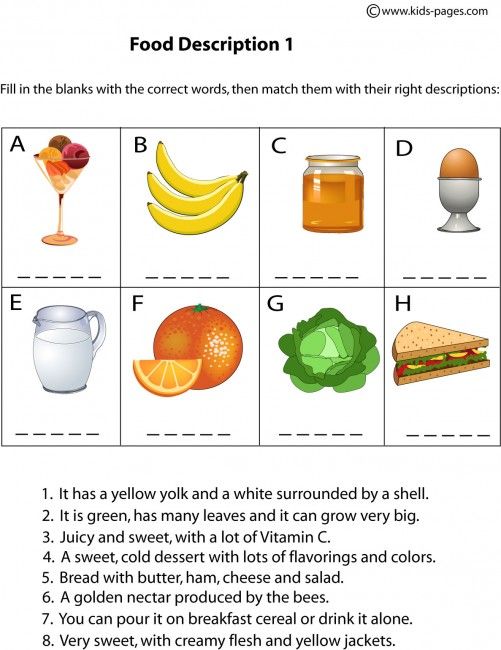
The king himself must remain silent. If he makes a sound, if he makes a sound, he is immediately deposed from the throne and replaced by the first minister, who takes his place in complete silence and continues the game (or the tired king announces that he must be replaced and invites the minister to take his place) . nine0005 THIS IS MY NOSE
Players sit in a circle. The host starts by saying to his neighbor on the left, "That's my nose," but at the same time touches his chin. The neighbor should answer him "This is my chin", pointing to his nose. Having received the correct answer, he turns to his neighbor on the right and says to him: "This is my left foot", showing him his right palm. His neighbor should reply, "This is my right hand," pointing to his left foot, and so on. You should always show a part of the body that is different from the one being talked about. nine0008
- < back
- Next >
Games and exercises for the development of phonemic hearing and perception
Games and exercises for the development of phonemic hearing and perception
The basic prerequisite for mastering writing is a developed phonemic hearing.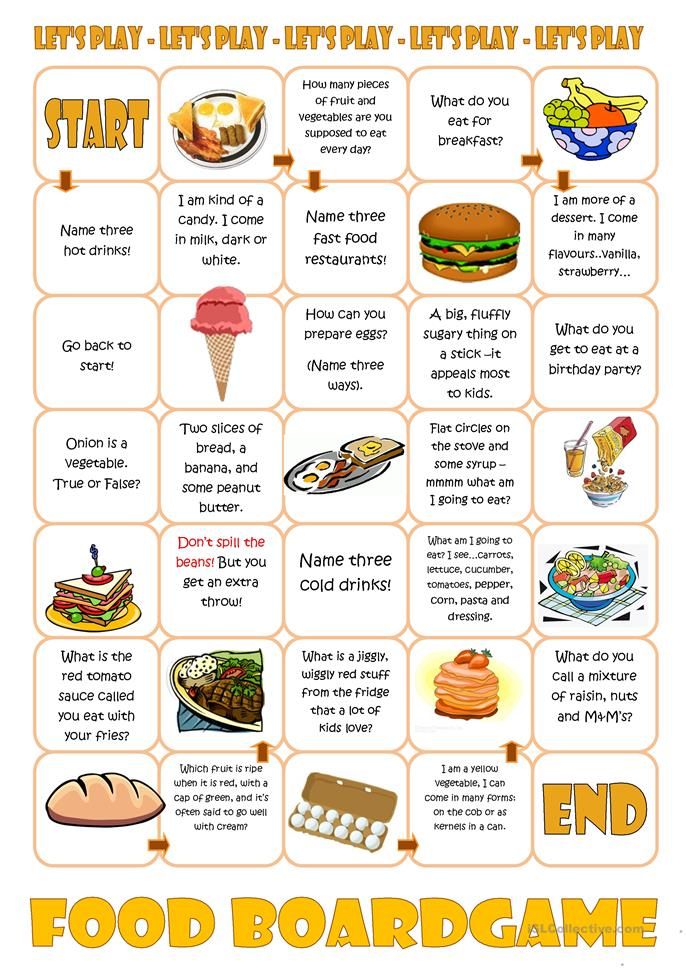 Phonemic hearing, the main component of speech perception, is understood as the ability of a person to hear and distinguish between individual phonemes, or sounds in a word, to determine the presence of a sound in a word, their number and sequence. Thus, a child entering school must be able to distinguish individual sounds in a word. For example, if you ask him if there is a sound [m] in the word "lamp", then he must answer in the affirmative. nine0008
Phonemic hearing, the main component of speech perception, is understood as the ability of a person to hear and distinguish between individual phonemes, or sounds in a word, to determine the presence of a sound in a word, their number and sequence. Thus, a child entering school must be able to distinguish individual sounds in a word. For example, if you ask him if there is a sound [m] in the word "lamp", then he must answer in the affirmative. nine0008
Why does a child need a good phonemic ear? This is due to the method of teaching reading that exists today at school, based on the sound analysis of the word. It helps us to distinguish between words and forms of words that are similar in sound, and to correctly understand the meaning of what is said. The development of phonemic hearing in children is the key to successful learning to read and write, and in the future - to foreign languages.
By the age of five, children are able to determine by ear the presence or absence of a particular sound in a word, they can independently select words for given sounds, if, of course, preliminary work was carried out with them.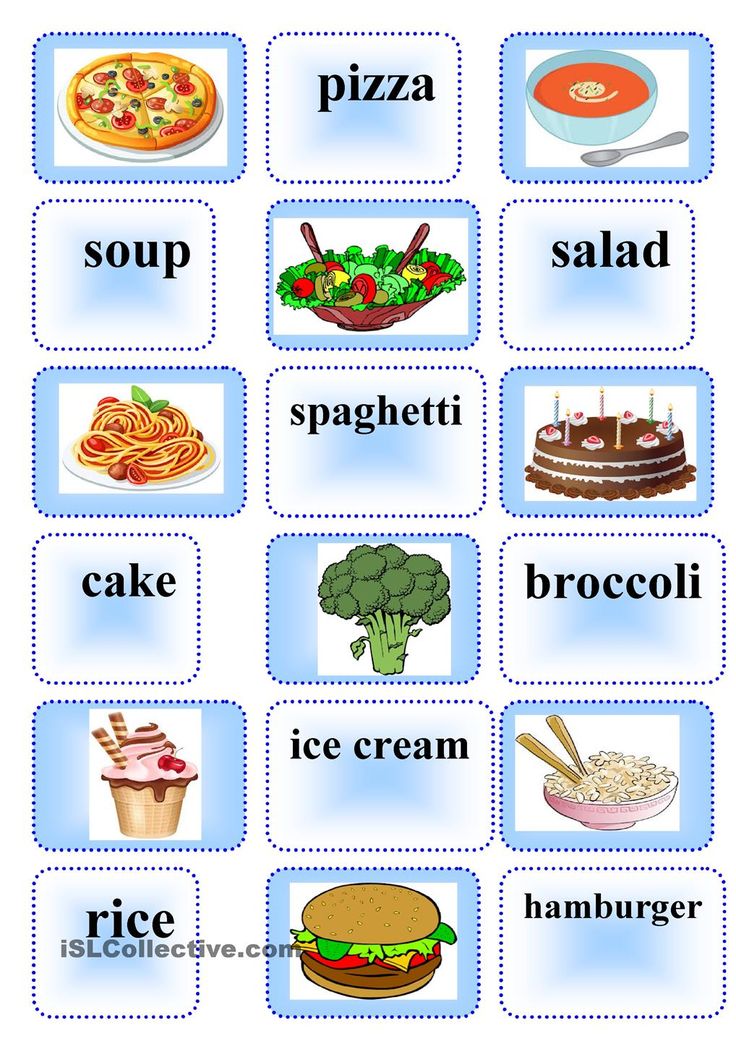 nine0008
nine0008
How can phonemic awareness be developed in a child? The best way to do this is in the game. Many games for the development of phonemic processes are of a combined nature, which is expressed not only in the enrichment of the dictionary, but also in the activation of higher mental functions (memory, attention, thinking, motor skills). I bring to your attention games that allow you to teach your child to listen to the sounds of speech in an interesting way.
- Game "Catch the right sound with a clap."
Instructions: If you hear the [k] sound in a word, clap your hands. Words: [K] wounds, pestilence [K] ov, hut, boots [K].
The same with any other sounds:
Sh - cat, hat, mask, pillow; С – dog, paints, horse, socks, nose…
R – hands, paws, Motherland, shelf, mug…; L - shovel, bark, words, pilaf ...
- The game "Come up with words for a given sound."
To begin with, it is better to give only vowel sounds (a, o, y, i) - watermelon, hoop, snail, needle, etc.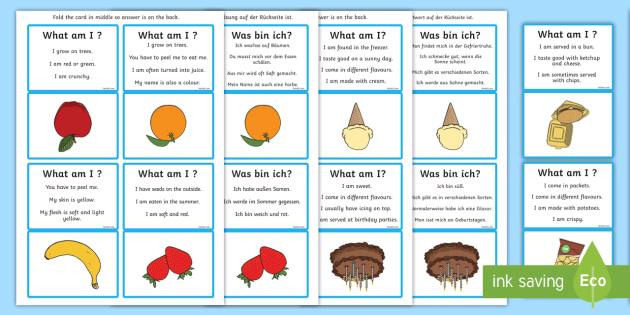 nine0008
nine0008
Then consonants (p, s, w, l, n, b, etc.)
- The game "Determine the place of the sound in the word."
Determine where: at the beginning, in the middle, at the end of the word we hear the sound [K] in the words: mole, carrot, fist, sock. . .
Sh - hat, cat, shower; C - sun, paste, nose; H - teapot, bump, night; U - brush, puppy, help; L - moon, shelf, chair; P - locomotive, steam, rose; P - floor, foot, stop; K - falcon, varnish, roof, etc.
- Repeating chains of syllables.
Syllables are given with different voice power, intonation. (sa-SHA-sa), (for-for-SA). Syllables can be set with any oppositional sounds, for example, s-sh, sh-zh, l-r, p-b, t-d, k-g, v-f (i.e. deaf-voiced, hard soft, whistling - hissing). Make sure that the child does not change the sequence in the chains. If it is difficult for him to repeat three syllables, give two syllables first: sa-sha, sha-sa,
sa-za, za-sa, la-ra, ra-la, sha-sha, sha-sha, etc.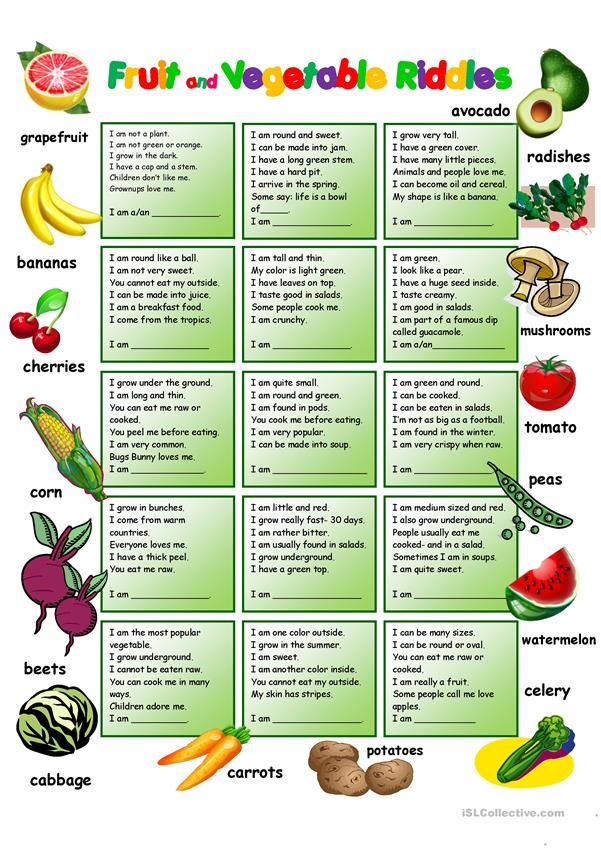 . nine0008
. nine0008
Examples of syllable chains:
Sa-za-za, za-za-sa, sa-za-sa, za-sa-za
Sa-sha-sha, sha-sha-sa, sa-sha -sa, sha-sa-sha
La-ra-ra, ra-la-la, ra-la-ra, la-ra-la
Sha-cha-sha, sha-sha-sha, sha-sha -sha, sha-sha-sha
Za-zha-zha, zha-za-za, za-zha-za, zha-za-zha (Similarly with other pairs of sounds)
- Slap syllables with sound "B" in the palms, and with the sound "P" on the knees (ba-pu-bo-po). The same with sounds, for example, s-sh, sh-zh, k-g, t-d, r-l, ch-sh, etc. nine0211
- Say the word with sound "B": duck - bow - whale; "P": bank - stick - squirrel. Those. three words are given, among which only one with a given sound.
- The game "Who is more attentive".
An adult shows pictures and names them (it is possible without pictures). The child listens attentively and guesses what common sound is found in all the named words.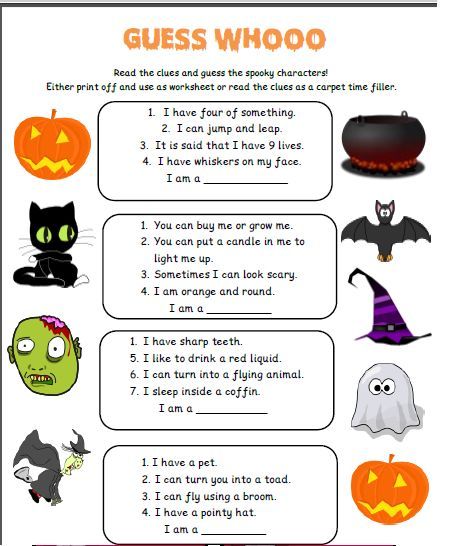
For example, in the words goat, jellyfish, rose, forget-me-not, dragonfly, the common sound is "З". Do not forget that you need to pronounce this sound in words for a long time, highlighting it with your voice as much as possible. nine0008
- Guess the word game.
An adult pronounces a word with pauses between sounds, the child must name the whole word.
First, words of 3, 4 sounds are given, if the child copes, then it can be more difficult - from 2-3 syllables, with a confluence of consonants.
For example:
s-u-p, k-o-t, r-o-t, n-o-s, p-a-r, d-a-r, l-a-k, t- o-k, l-o-k, s-s-r, s-o-k, s-o-m, f-o-k, h-a-s
r-o-s-a, k -a-sh-a, D-a-sh-a, l-u-zh-a, sh-u-b-a, m-a-m-a, r-a-m-a, v-a -t-a, l-a-p-a, n-o-t-s, sh-a-r-s
p-a-s-t-a, l-a-p-sh-a, l-a-s-t-s, k-o-s-t, m-o-s-t, t- o-r-t, k-r-o-t, l-a-s-k-a, p-a-r-k, i-g-r-a, etc.
- Say all the sounds in the word in order.
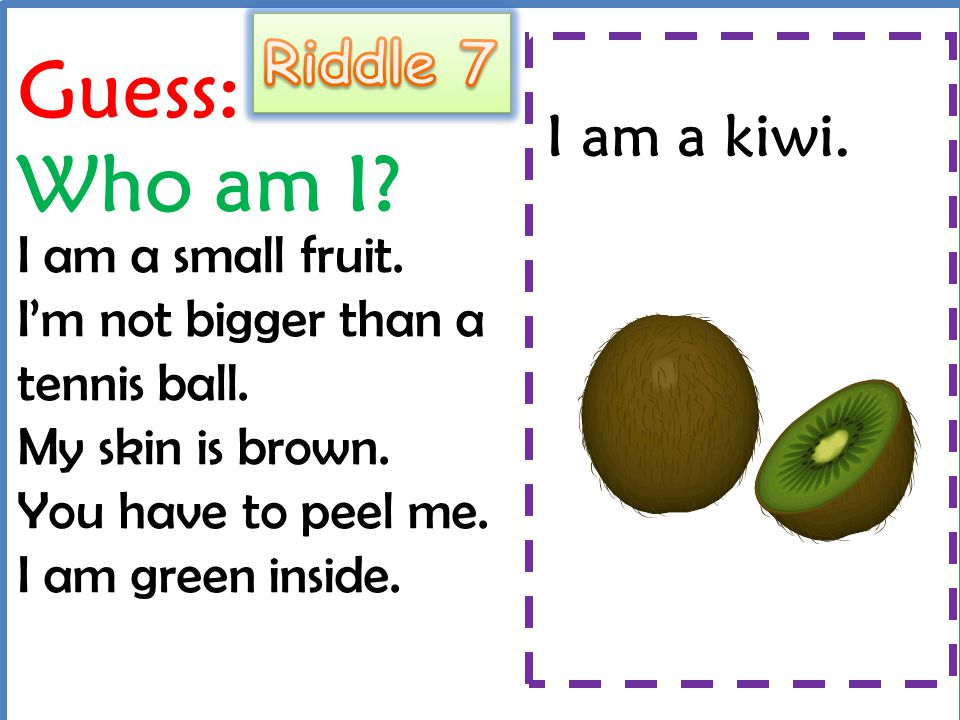 We start with short words, for example: HOME - d, o, m
We start with short words, for example: HOME - d, o, m - Extra Four Game
For the game, you will need four pictures with the image of objects, three of which contain the specified sound in the name, and one does not. The adult lays them out in front of the child and offers to determine which picture is superfluous and why. The set can be varied, for example: a cup, glasses, a cloud, a bridge; bear, bowl, dog, chalk; road, board, oak, shoes. If the child does not understand the task, then ask him leading questions, ask him to carefully listen to the sounds in the words. An adult can highlight the identified sound with his voice. As a variant of the game, you can select words with different syllabic structures (3 three-syllable words, and one two-syllable), different stressed syllables. The task helps to develop not only phonemic perception, but also attention, logical thinking. nine0008
- Throwing the ball game “One hundred questions - one hundred answers with the letter A (I, B .
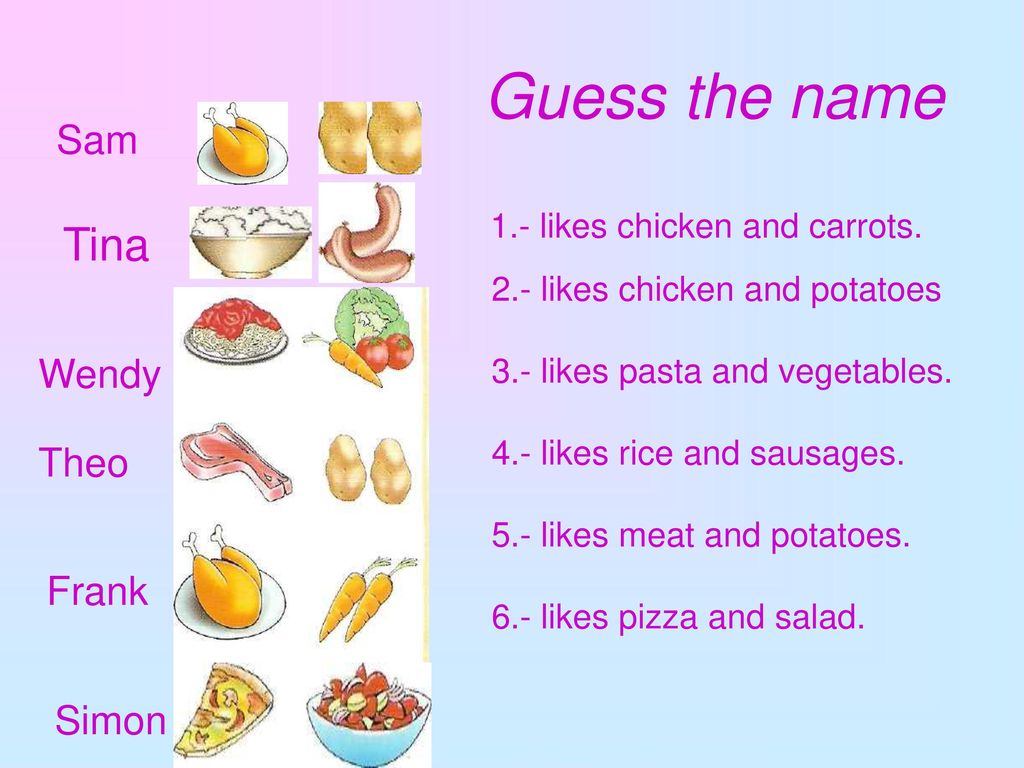 ..) - and only with this one.
..) - and only with this one.
Throw the ball to the child and ask him a question. Returning the ball to an adult, the child must answer the question so that all the words of the answer begin with a given sound, for example, with the sound [I].
Example:
-What is your name?
- Ira.
- What's your last name?
- Ivanova.
-Where did you come from?
-From Irkutsk
-What grows there?
- Fig.
- Word chain game
This game is an analogue of the well-known "cities". It consists in the fact that the next player comes up with his own word to the last sound of the word given by the previous player. A chain of words is formed: stork - plate - watermelon. Remembered?
- Game "Fix a Broken Phone"
It is best to play with three or more people. The exercise is a modification of the famous game "Broken Phone".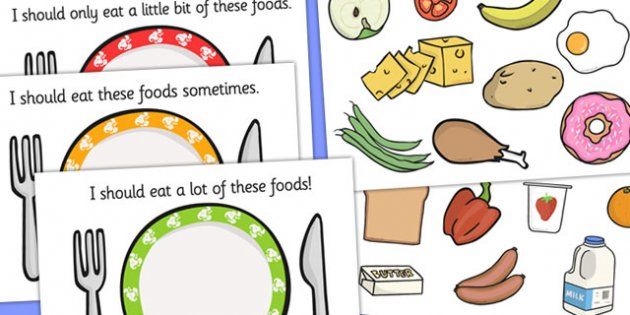 The first participant quietly and not very clearly pronounces a certain word in his neighbor's ear. He repeats what he heard in the ear of the next participant. The game continues until everyone has passed the word "on the phone". nine0008
The first participant quietly and not very clearly pronounces a certain word in his neighbor's ear. He repeats what he heard in the ear of the next participant. The game continues until everyone has passed the word "on the phone". nine0008
The last participant must say it out loud. Everyone is surprised, because, as a rule, the word is noticeably different from those transmitted by the rest of the participants. But the game doesn't end there. It is necessary to restore the first word, naming in turn all the differences that have “accumulated” as a result of a phone breakdown. An adult should carefully monitor that the differences, distortions are reproduced by the child correctly.
- Make no mistake game.
An adult shows a picture to a child and loudly and clearly calls the picture: “Carriage”. Then he explains: “I will name this picture either correctly or incorrectly, and you listen carefully. When I make a mistake, clap your hands.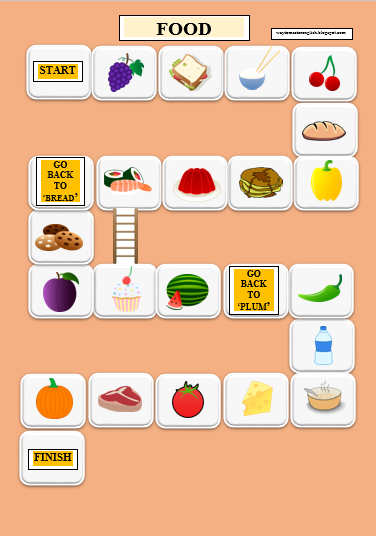 " Then he says: "Wagon - vakon - fagon - wagon." Then the adult shows the next picture or a blank sheet of paper and calls: "Paper - pumaga - tumaga - pumaka - bumaka." The game is very popular with children and is fun.
" Then he says: "Wagon - vakon - fagon - wagon." Then the adult shows the next picture or a blank sheet of paper and calls: "Paper - pumaga - tumaga - pumaka - bumaka." The game is very popular with children and is fun.
It must be emphasized that one should start with words that are simple in sound composition, and gradually move on to complex ones. nine0008
- The game “Be careful” An adult lays out pictures in front of a child, the names of which sound very similar, for example: cancer, varnish, poppy, tank, juice, bough, house, lump, scrap, catfish, goat, scythe, puddle, ski. Then he calls 3-4 words, and the child selects the corresponding pictures and arranges them in the named order (in one line or in a column - according to your instructions).
- Game “Pick up by sound ” An adult puts the following pictures in one line: clod, tank, bough, branch, ice rink, slide. Then, giving the child one picture at a time, he asks to put it under the one whose name sounds similar.
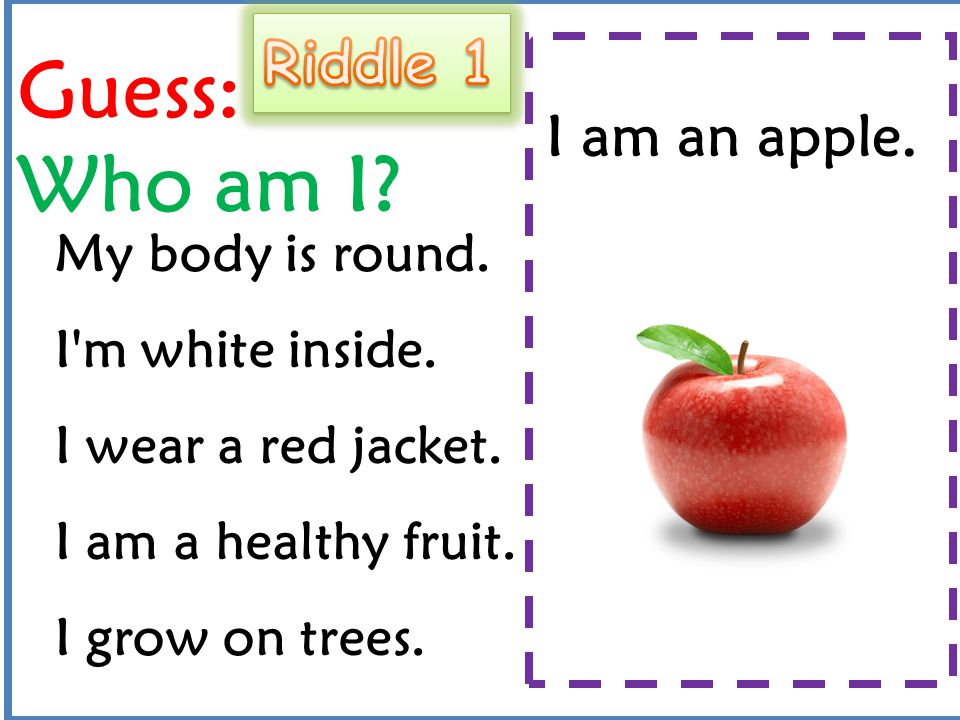 As a result, you should get approximately the following rows of pictures: clod bak bough branch skating rink slide house crayfish onion cage scarf crust catfish poppy beetle heel leaf mink scrap lacquer beech lash skein brand
As a result, you should get approximately the following rows of pictures: clod bak bough branch skating rink slide house crayfish onion cage scarf crust catfish poppy beetle heel leaf mink scrap lacquer beech lash skein brand - SHOP game
Games for the selection of sound against the background of the word.
Task: Dunno went to the store for fruit, came to the store, but forgot the name of the fruit. Help Dunno buy fruits that have the sound [l'] in their names. Subject pictures are exhibited on the typesetting canvas: apples, oranges, pears, tangerines, plums, lemons, grapes. Children select pictures that have the sound [l '] in the name.
Show your child the products you bought at the store and have him list the ones that have [R] or another sound in their names. nine0008
- Living ABC Game
Game for the development of sound discrimination
Cards of pairs of letters: 3-Zh, Ch-Ts, L-R, S-Ts, Ch-S, Sh-S, S-3, Sh-Z are laid out in front of the children on the table face up.